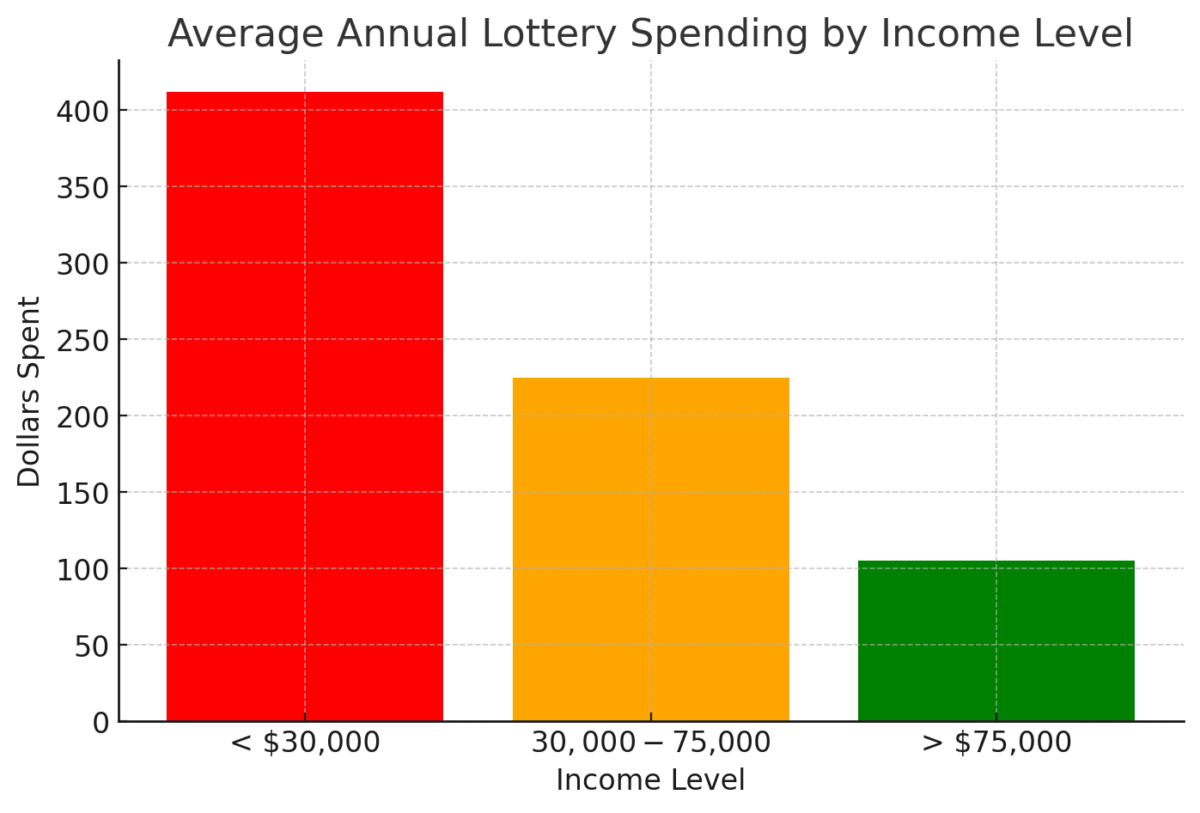Ethics of gambling are an integral component of human existence that affects many different aspects of our lives and the way people behave.
Gambling has long been an emotive subject due to its potentially negative repercussions for individuals. Gambling may lead to addiction and financial strain.
Legality
Gambling is the practice of placing bets on outcomes determined by chance. Gambling may or may not be legal, depending on its context.
Illegal gambling refers to any activity which violates state laws, such as betting on horse races and pari-mutuel sports, or using gaming devices like slot machines or roulette wheels for gambling purposes without permission.
Gambling in the US is generally legal under state laws; however, there may be conflicts between state and federal regulations.
Gambling can be an addictive activity that causes significant harm. It is one of the leading causes of addiction for adults and children alike, leading to debt, depression and anxiety issues as well as damaging families and relationships.
Addiction
Gambling addiction is an epidemic affecting over 2.6 million Americans and can result in financial issues, health concerns and an overall loss of control over one’s life.
Gambling addiction can be defined as an intense and compulsive desire to gamble that drives people to gamble away their savings and incur debts.
These individuals may conceal or lie about their gambling addiction in order to support it financially, even resorting to theft or fraud as means.
Addiction has serious repercussions for an individual’s health, finances and family – especially their spouse who must shoulder the responsibility for providing for them while their partner gambles away their assets.
Genetics, substance abuse history and environmental influences appear to play a part in why some individuals become addicted. Furthermore, these elements seem to play an impactful role in how quickly or slowly addiction develops.
Taxes
Gambling generates revenue for state and local governments in multiple ways, supporting services like health care, education and infrastructure development. Gambling also provides jobs in casinos to workers such as hostesses, dealers, pit bosses and software developers and designers.
Gambling winnings may also become tax liabilities for some people who participate in casual gambling activities. Therefore, it is essential that individuals understand the rules and regulations set forth by the IRS regarding winnings from gambling activities.
According to the Internal Revenue Service, taxpayers must report any gambling winnings on their tax returns and cannot deduct costs associated with gambling from their winnings.
Furthermore, taxpayers cannot carry back losses from previous years on their tax returns and the IRS closely scrutinizes tax filings that reflect large gambling losses surpassing winnings.
Regulation
Ethics surrounding gambling are an intricate topic. Some believe regulating it would help avoid another financial collapse like in 2008. Others, however, suggest regulations could increase costs while decreasing employment opportunities.
Recent research indicates that these costs are usually outweighed by their benefits; according to OMB findings, regulatory benefits average seven times the costs they incur.
In this context, it may be wiser to regulate self-regulation rather than prohibit online gambling – this way we could ensure it remains risk- and corruption-free while protecting consumers while simultaneously creating tax revenue.
In the UK, for instance, the Gambling Commission possesses numerous mechanisms for dealing with noncompliance by licensees. This may involve formal review or enforcement action such as fines or license suspension. Such sanctions have been successfully used against numerous high-profile cases.




